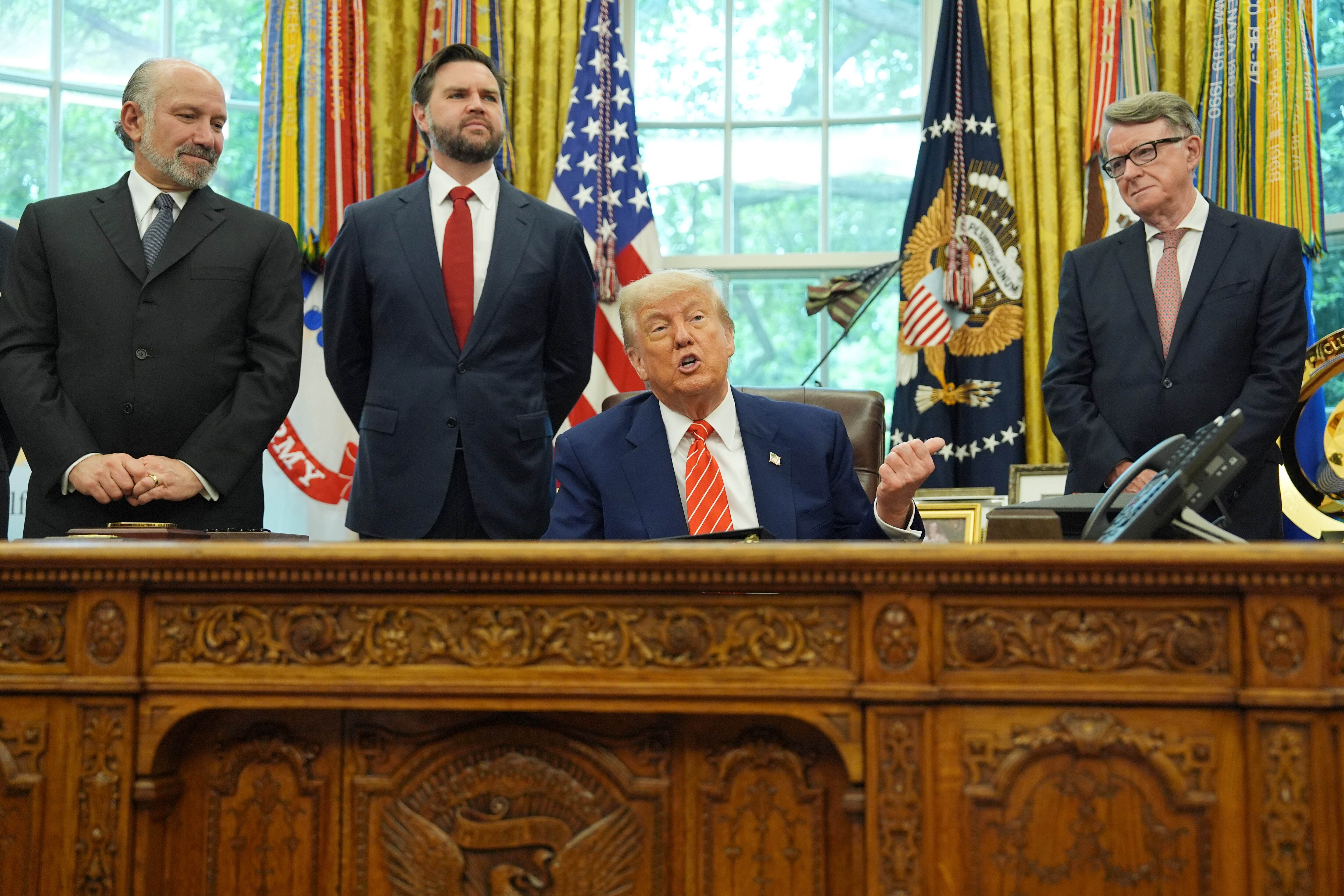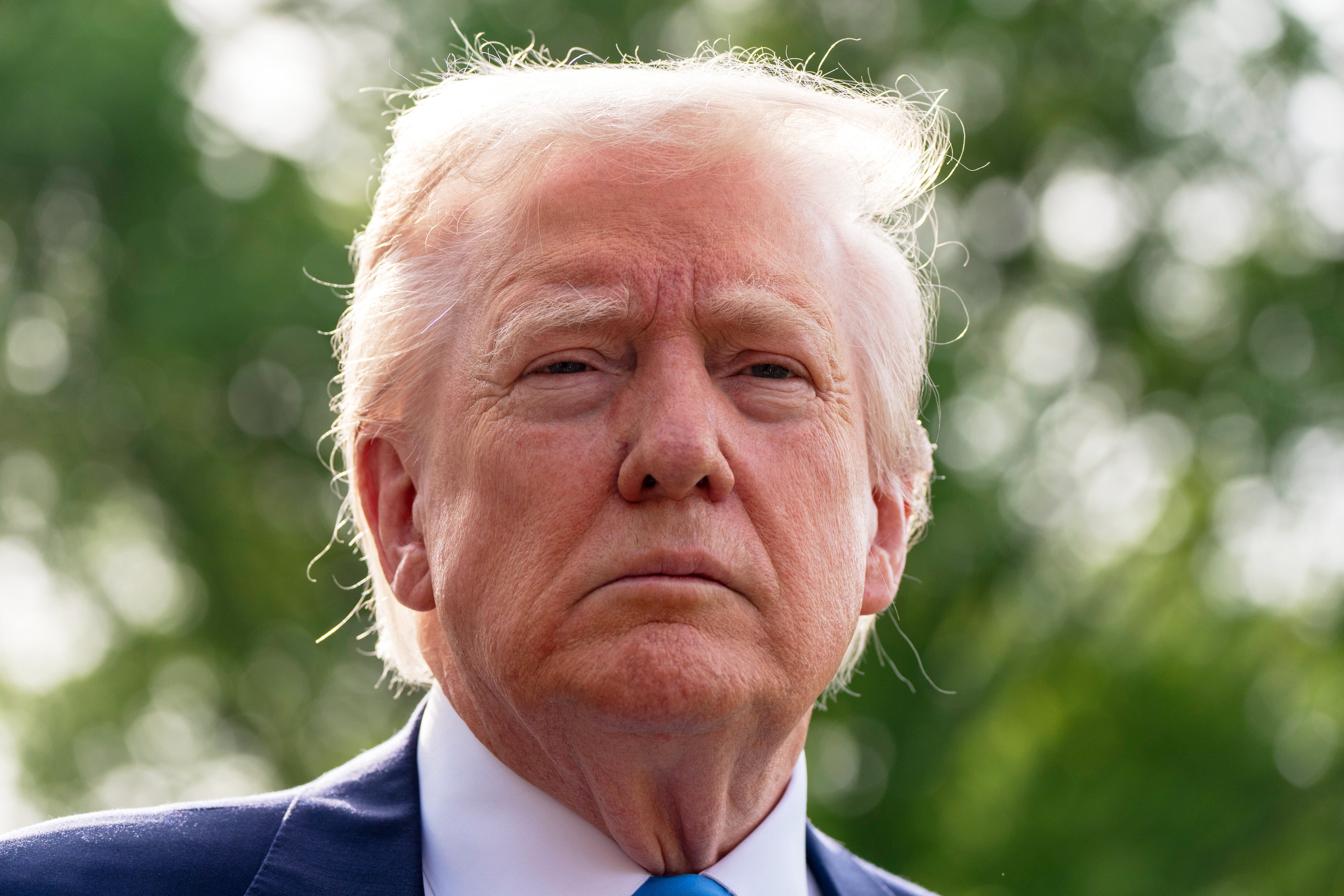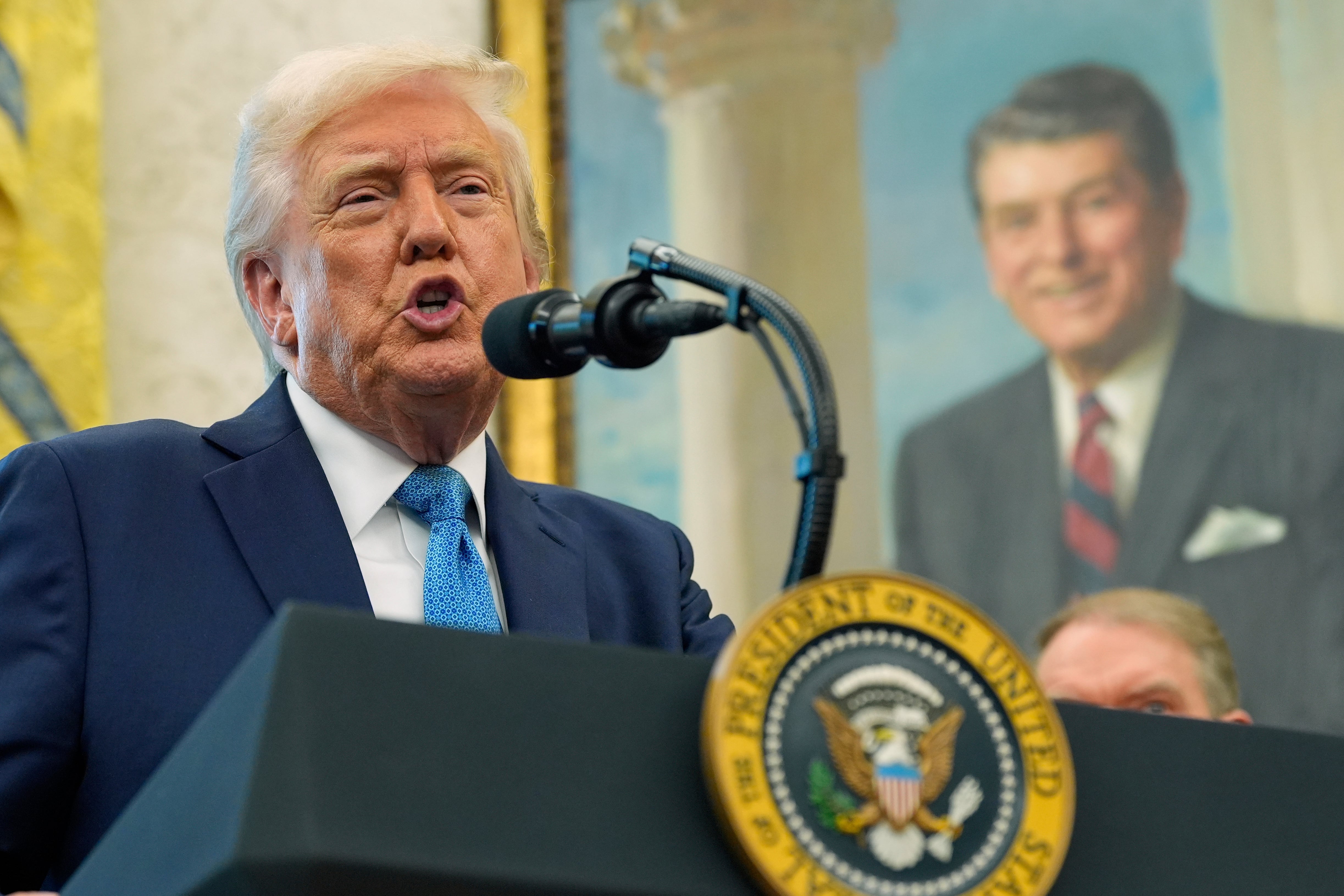The Senate announced a deal for a coronavirus relief package worth $2 trillion dollars after five days of negotiations.
In the very early hours of Wednesday morning, Senate Majority Leader Mitch McConnell and Democratic Leader Chuck Schumer championed the deal.
“Like all compromises, this bill is far from perfect, but we believe the legislation has been improved significantly to warrant its quick consideration and passage,” Schumer said on the Senate floor.
McConnell echoed the call for a quick vote and said the Senate has delivered for the American people.
“Help is on the way,” McConnell said. “The American people are already rising to this great challenge and the Senate is about to follow suit.”
The Senate will reconvene later Wednesday to vote on the package. But that does not mean the bill is guaranteed to land on President Donald Trump’s desk. The House of Representatives has to pass it, and that may not be an easy feat.
House Speaker Nancy Pelosi was reportedly in close contact with Schumer throughout the negotiation process in the Senate. She expressed optimism about the path forward in the House Wednesday morning but pointed out that the Senate measure does not go as far as a House Democratic bill released Monday with a $2.5 trillion price tag.
“House Democrats will now review the final provisions and legislative text of the agreement to determine a course of action,” she said in a statement.
House Democratic leadership has indicated this week that the ideal course of action would be to pass the bill by unanimous consent, a process that requires agreement among all members of the lower chamber.
“The easiest way for us to do it is to put aside our concerns for another day and get this done,” Pelosi told CNBC Tuesday. “My goal always has been to bring this bill to the floor under unanimous consent.”
While unanimous consent would be a quick way to pass the legislation and would avoid a flood of more than 400 members back to Washington, the process can be derailed by any one member who wants to object. Such a lawmaker could come from either party, with prominent members on both sides expressing skepticism at the Senate deal.
Rep. Alexandria Ocasio-Cortez (D-N.Y.) tweeted her concern Tuesday about the $500 billion in the bill reserved for helping businesses, states, and cities with “few worker protections.”
It is worth noting that her tweet came well before the Senate and White House announced the final agreement, which established an independent inspector general within the Treasury Department and an oversight board to review how the fund for businesses is distributed and used.
Rep. Justin Amash (I-Mich.), a former Republican, shared his concerns as the final bill was announced in the wee hours of Wednesday morning. He called the agreement “a raw deal for the people” and said it did not do enough to help the most vulnerable.
The $2 trillion package is the most ambitious spending measure in modern U.S. history, up from the previously proposed $1.8 trillion bill from Senate Republicans. It would send $1,200 checks to many American workers and provide $367 billion in loans to small businesses in addition to the half a trillion dollars for lending to businesses, states, and cities.









